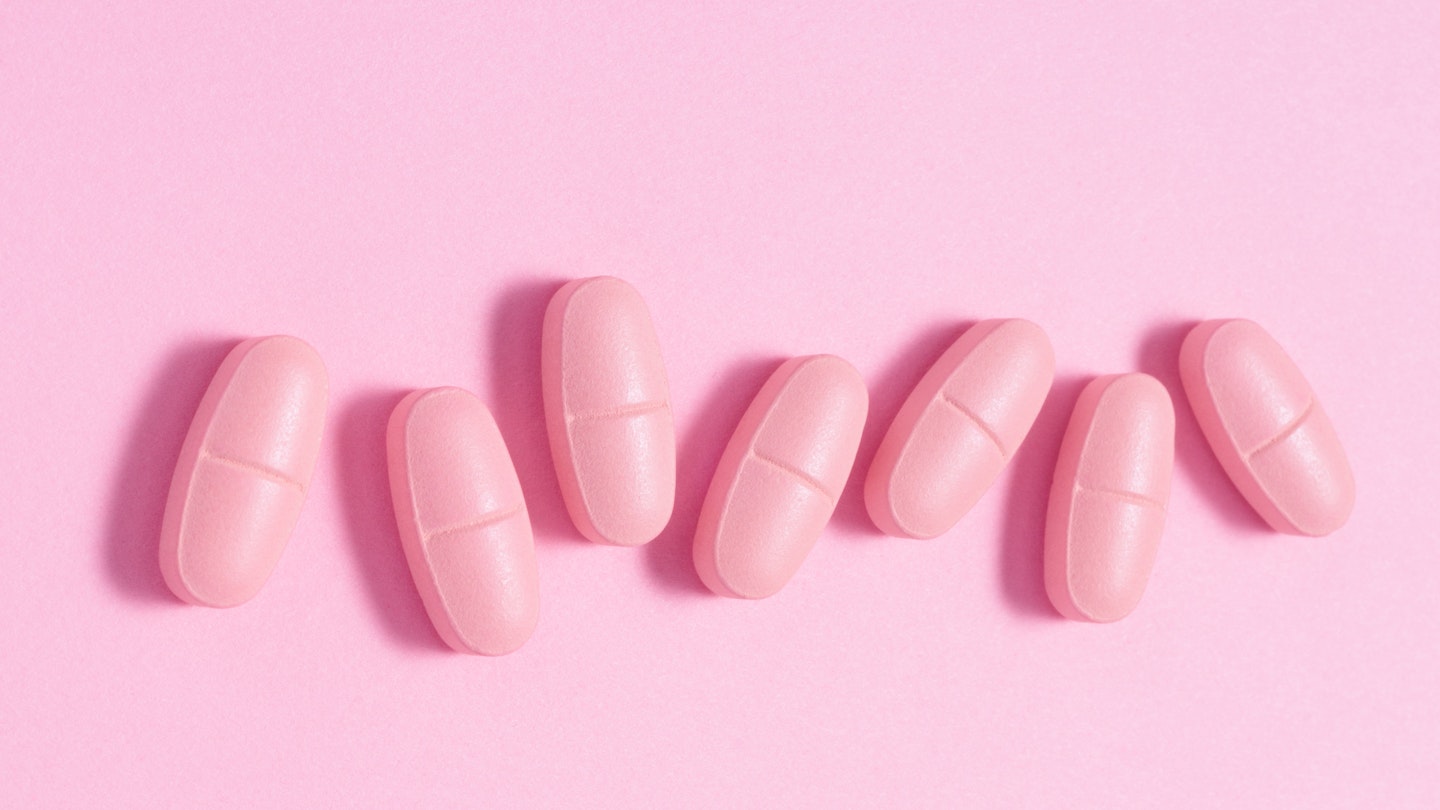The healthcare buzzword of 2019? Supplements. Those on the hunt to boost their health, skin and general wellbeing may have considered taking supplements and vitamins. But with so many on the market, it's hard to know which ones you need, and more importantly, if you even really need them. That's why Grazia has done all of the hard work for you, and quizzed an expert nutritionist and skincare specialist on what questions you should be asking before you add supplements into your daily routine.
What Exactly Are Supplements?
Supplements are products that intend to supplement your diet by delivering nutrients that you may not be getting through food and drink alone. They can help with your general wellbeing and health, however they shouldn't be substituted for a healthy, balanced diet. Supplements come in different forms - like tablets, capsules and liquids - and are made by a variety of different suppliers and brands.
Do I Need To Take Supplements Or Is A Healthy Diet Enough?
Nutritionist Kim Pearson told Grazia that 'whether or not you need to take supplements depends on your individual circumstances. Most people can get the majority of the nutrients they require from a healthy, balanced diet, but there are times when supplementing is a good idea, for example, if you have a restricted diet, if you're pregnant or if you have specific health concerns that increase your nutrient requirements.
'In particular, iron deficiency is common amongst women who have regular periods, especially now that so many of us are turning away from red meat. If you think you might be deficient, it's worth getting tested to find out for sure, as then you can find a suitable supplement based on your needs. There are a wide range of good quality supplements available that can help support our health in numerous different ways - the key is understanding your own unique requirements,' Kim adds.
What Supplements Should I Take To Improve My General Health?
According to Kim, the 'general rule is that many of us could benefit from a regular vitamin D supplement, particularly during autumn and winter months. The government now advises that everyone takes vitamin D supplements during these months because so many of us are deficient.
'If you suffer with bloating or other digestive issues, or if you've recently taken antibiotics, a quality probiotic is a good idea. It can be difficult to consume enough Omega 3 from diet alone, so Omega 3 supplements are something I often recommend to my clients. Oily fish is the most effective source of Omega 3 so if you're vegetarian or vegan, it's worth considering a supplement. Generally speaking, many of us fall short of the recommended daily intake for fibre so if you don't eat as much vegetables as you'd like, or if you struggle to go to the toilet, consider a daily fibre supplement.'
Before starting any supplements, ensure that you're not taking any medications or have any health conditions that could be a contraindication. If in doubt, speak with your GP.
What Supplements Should I Take To Improve My Skin?
Skincare guru Tessa Stevens told Grazia that 'a thorough skin consultation and analysis will determine which supplements can be given to you to improve skin health or even a skin condition like acne or rosacea. But the rule of thumb for my clients is that everyone needs Omega 3 and a good multi-vitamin for the skin.' Tessa swears by brands like Skinade and Advanced Nutrition Programme who offer specific supplements that help with skin concerns, like ageing, acne and dryness.
How Long Do I Need To Take Supplements For?
Tessa advised that 'you can take supplements indefinitely as long as you are regularly seeing your skincare or medical professional and they are monitoring your health. Your GP should always be advised if you have any medical issues or prescribed medications, too.'
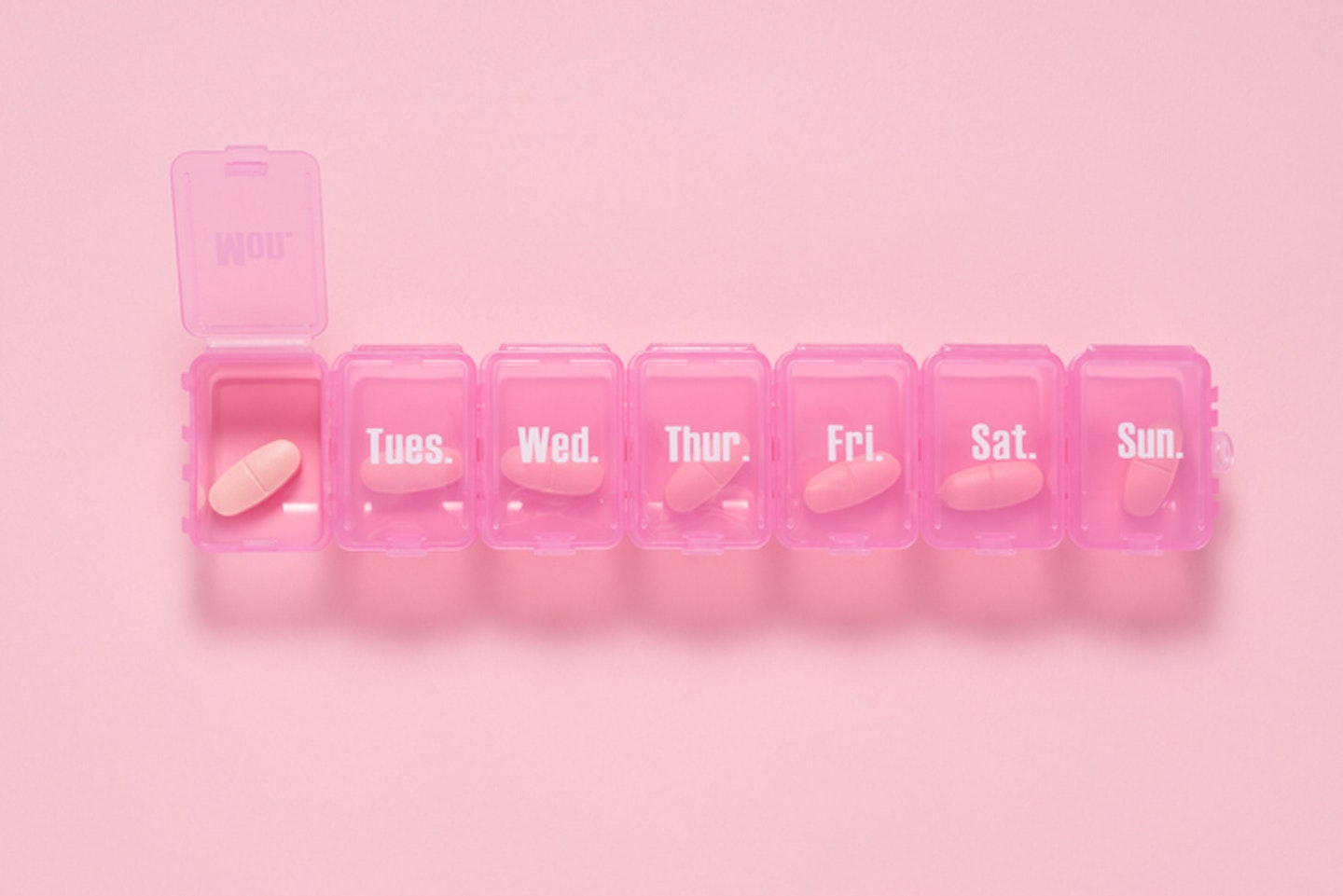
Where Shall I Buy My Supplements?
Not all supplements are created equal, so it's worth doing your research and investing in good quality brands. Kim said: 'generally speaking, I'd advise against picking up cheaper supplements in supermarkets and instead recommend you head down to your local independent health food shop. Alternatively, Natural Dispensary stock a wide range of high quality supplement brands.' Some supplements, like iron supplements, can be prescribed by a GP.
Can I Take Supplements If I'm Vegetarian Or Vegan?
Yes! There is a wide range of supplements available for vegetarians and vegans - just be sure to check the label for the ingredients list. If you're vegan and looking to add more protein sources to your diet, have a scroll through our vegan protein sources gallery below:
Vegan Protein Sources Slider - Grazia
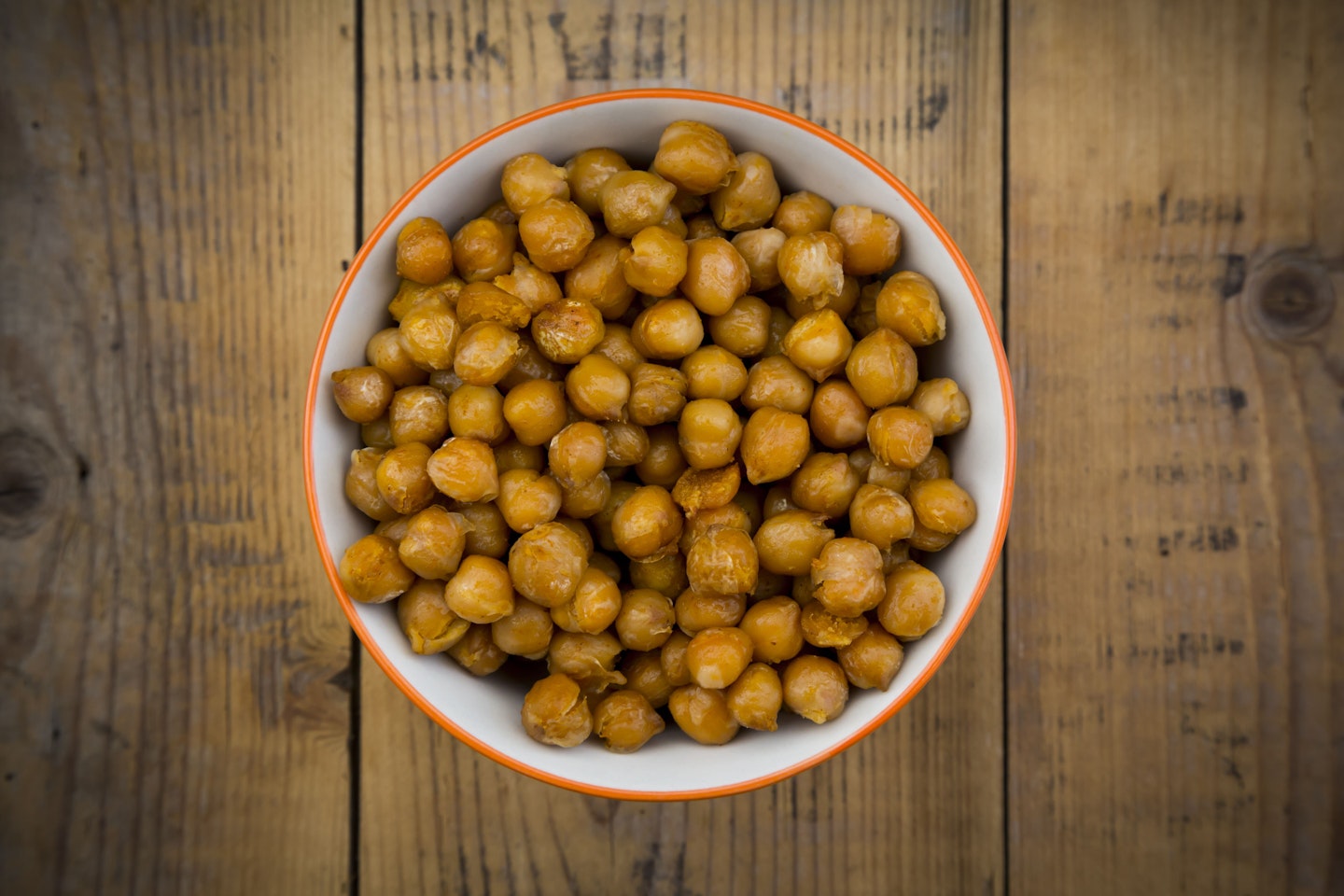 1 of 17
1 of 17Chickpeas
1/2 a cup of chickpeas will give you 6-8 grams of protein depending on the brand!
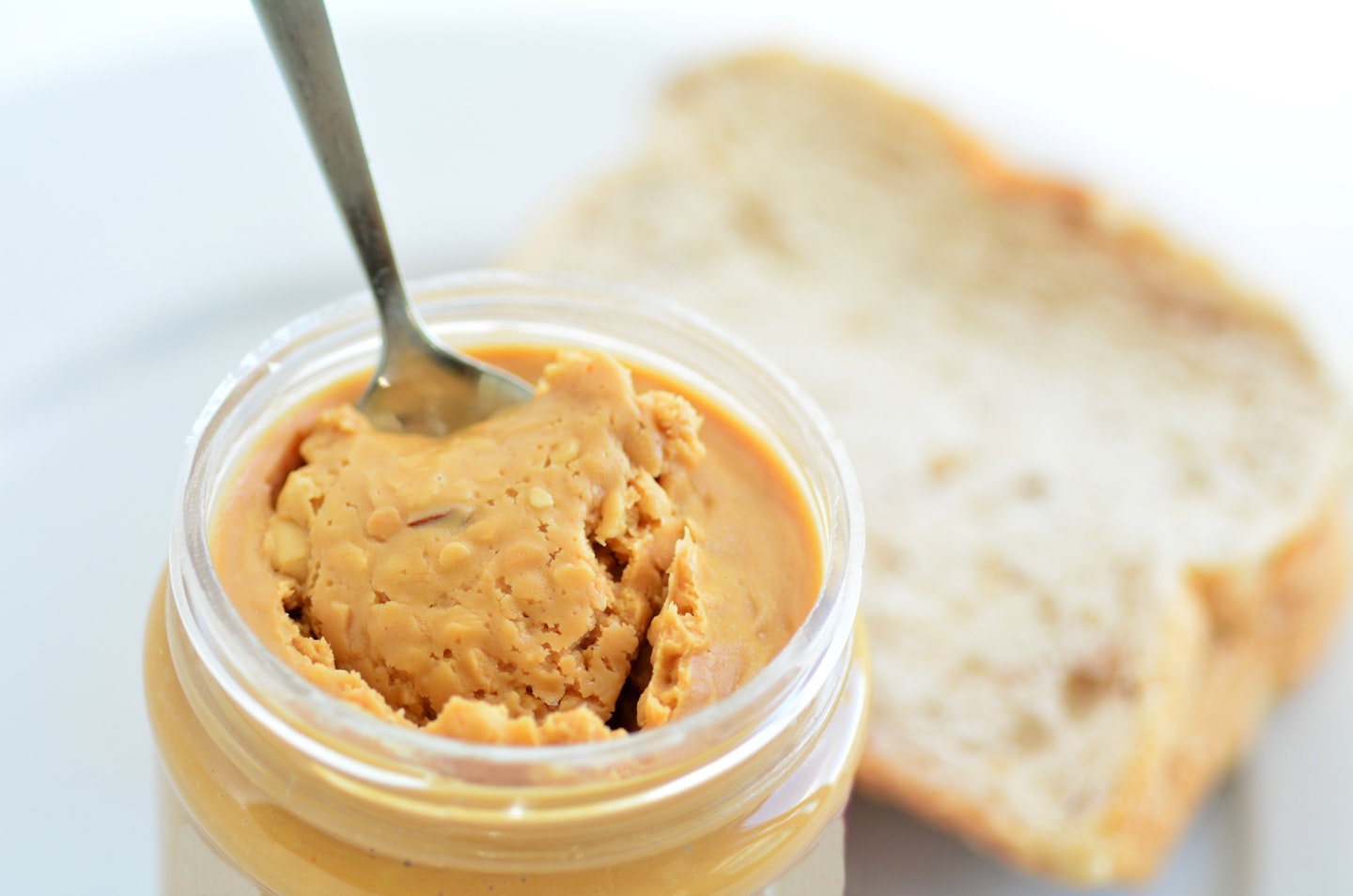 2 of 17
2 of 17Peanut Butter
Delicious AND nutritious, peanut butter is a body builders secret weapon. Two tablespoons give you eight grams of protein!
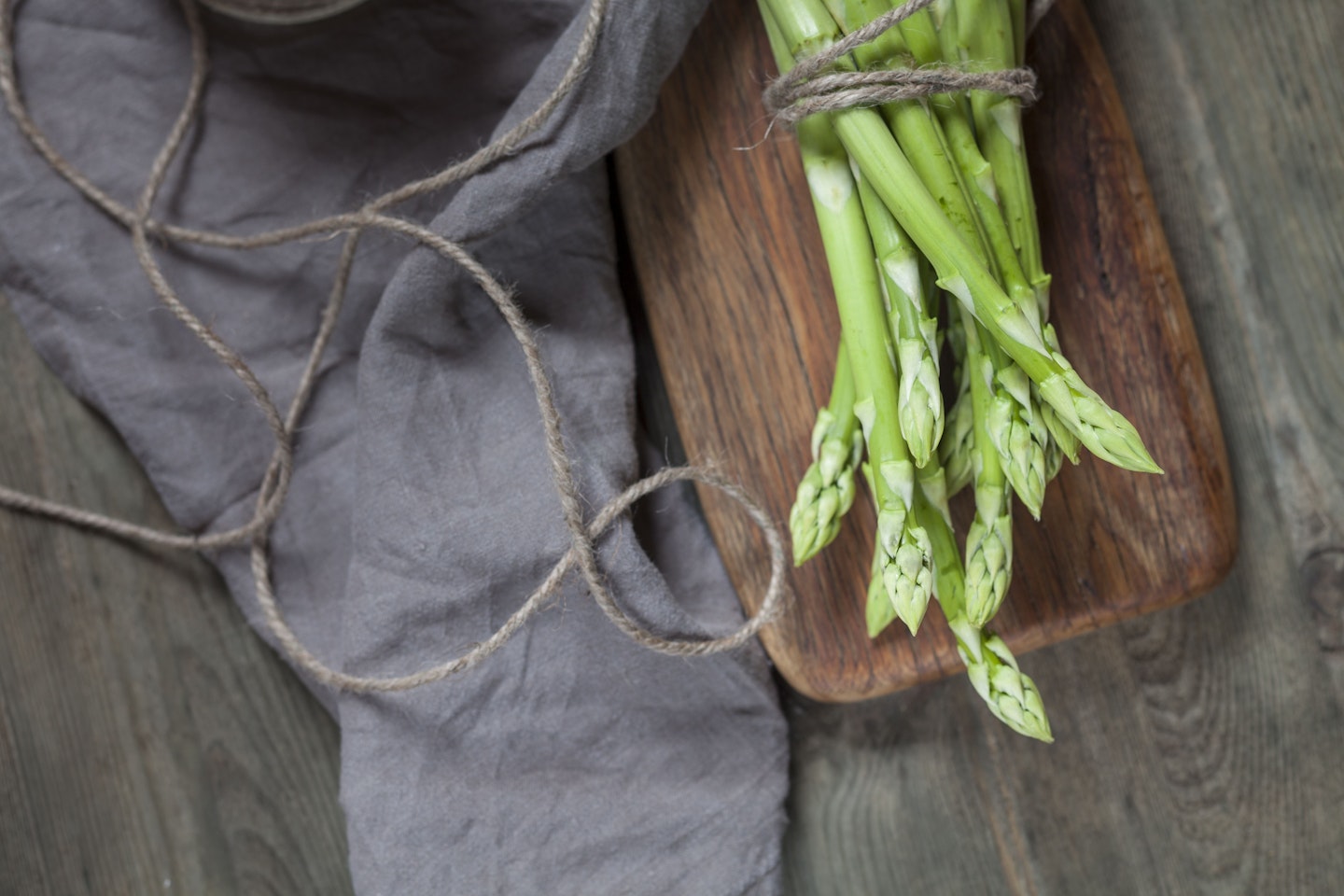 3 of 17
3 of 17Asparagus
Also a great source of vitamin B, asparagus contains 4 grams of protein per cup.
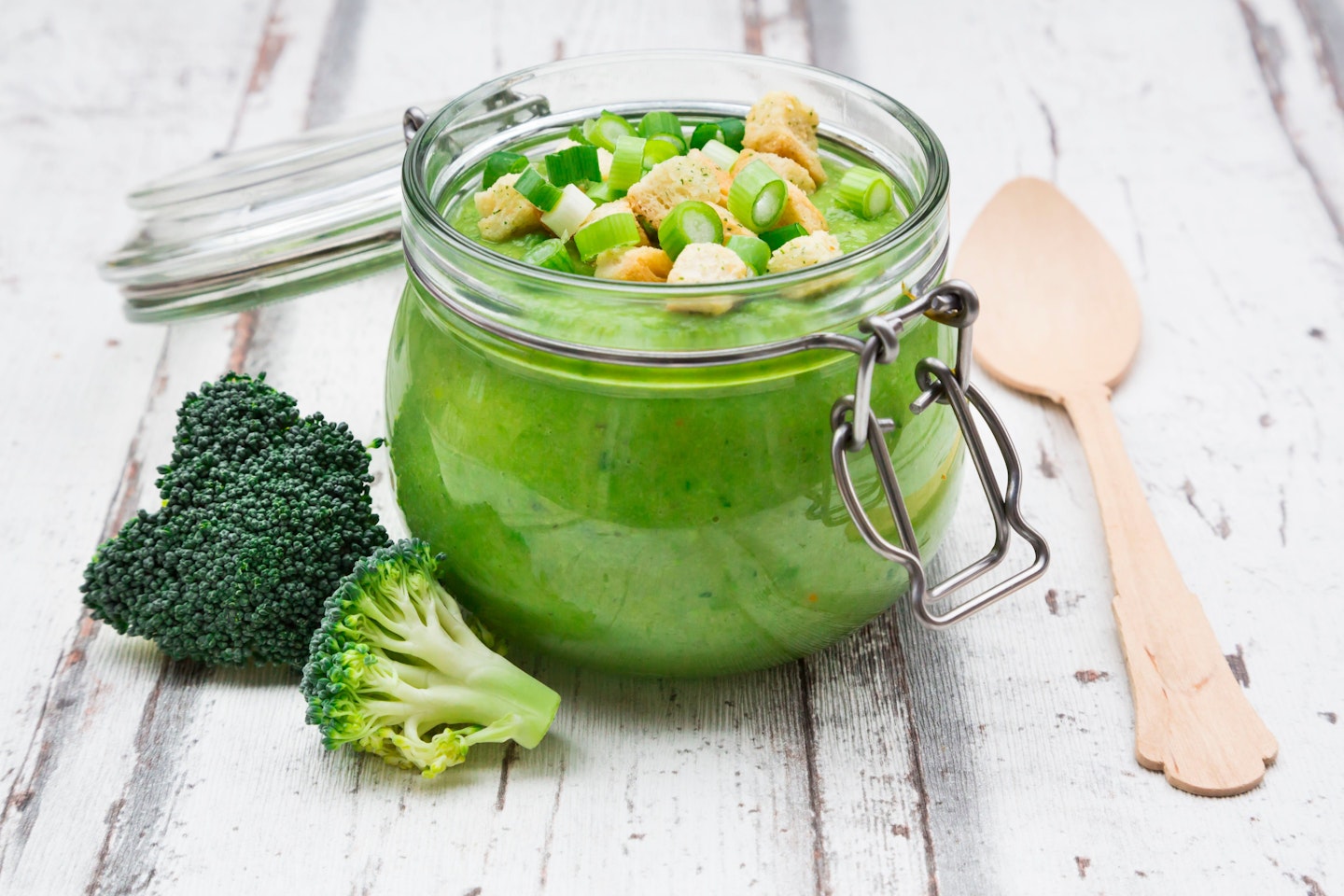 4 of 17
4 of 17Broccoli
It's not all vitamin C, calcium and fibre, broccoli also contains four grams of protein per cup.
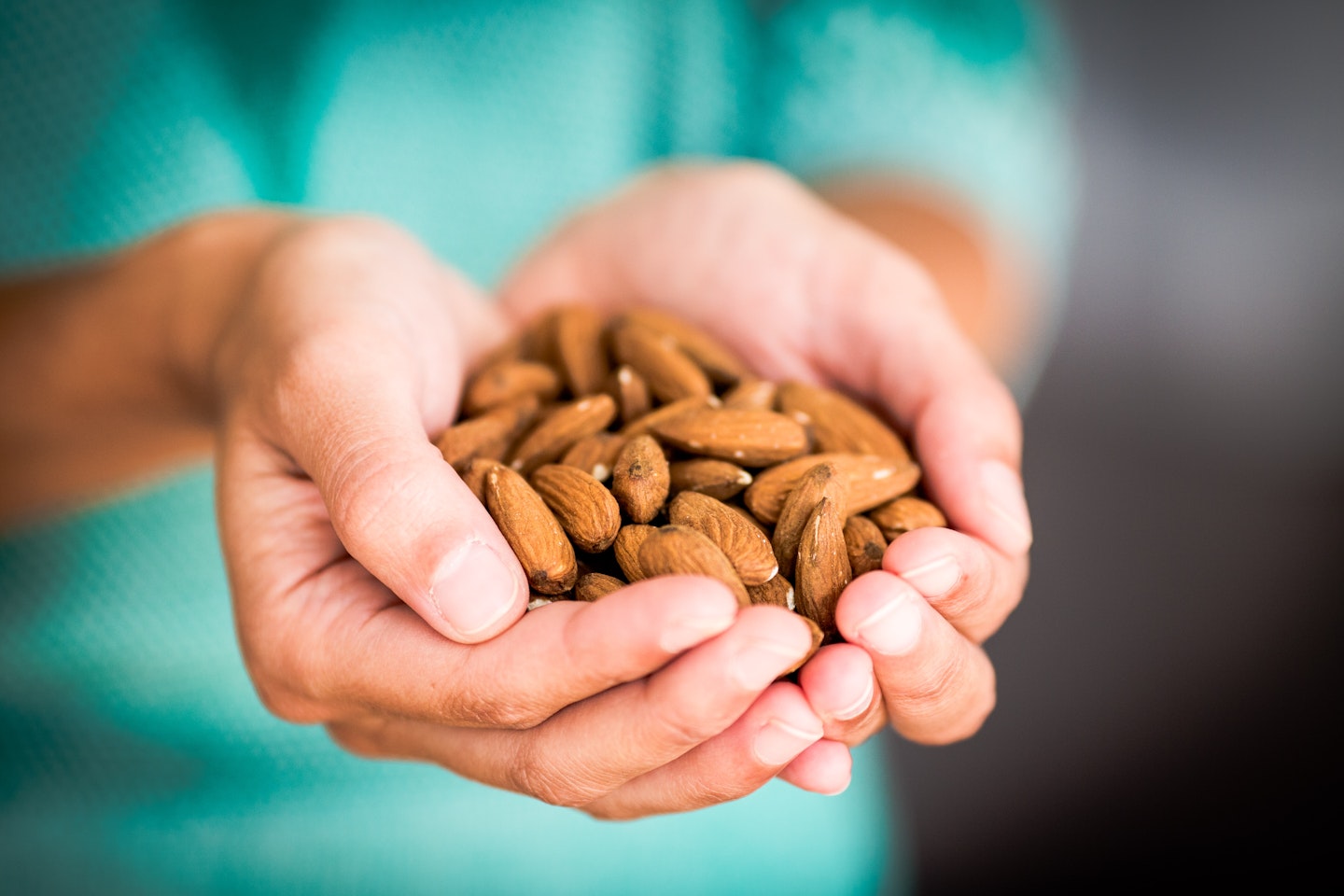 5 of 17
5 of 17Almonds
Almonds are not only a healthy and morish snack for your afternoon slump, they also contain seven grams of protein per cup.
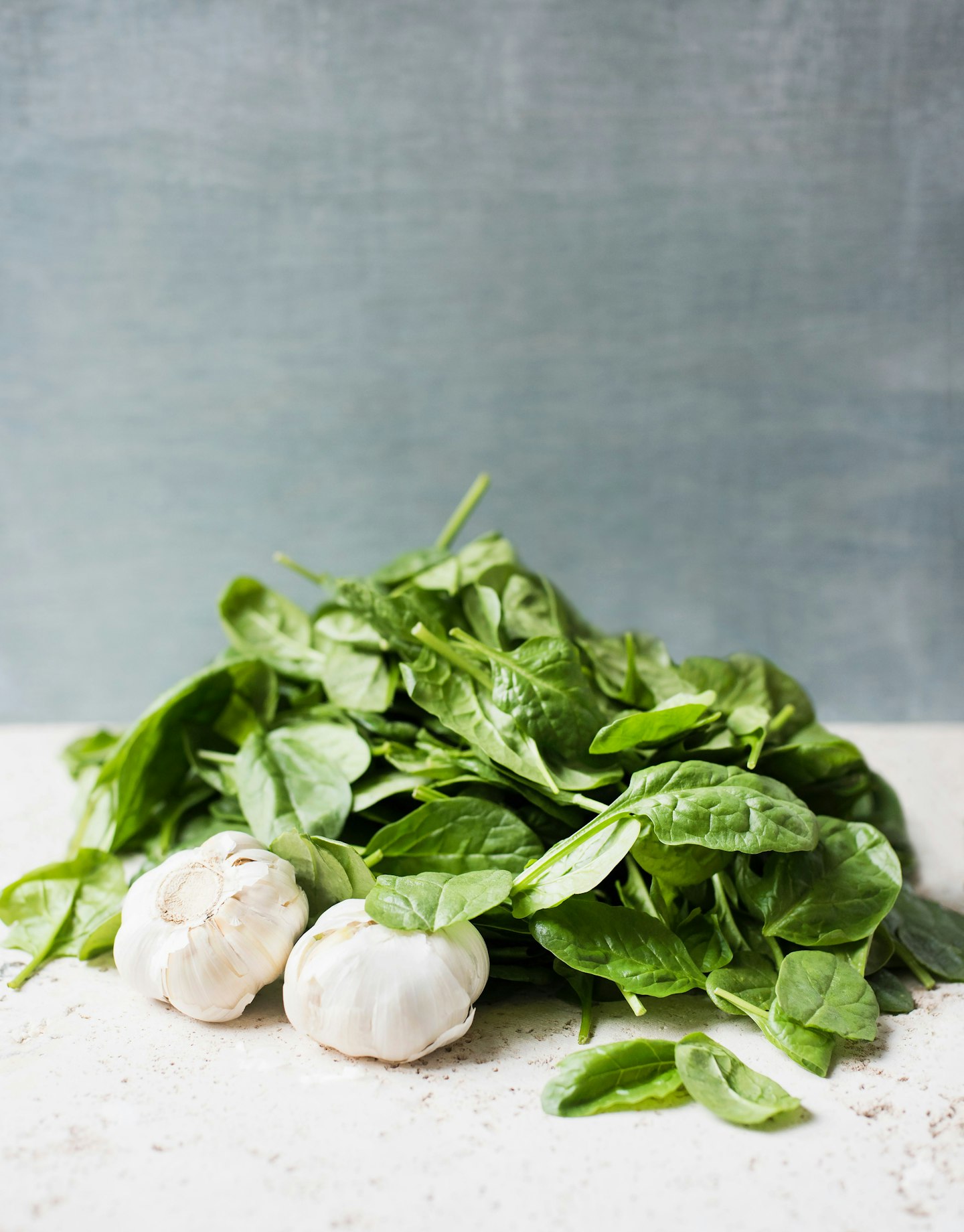 6 of 17
6 of 17Spinach
A known favourite of #bodygoals icon Pop Eye, spinach contains 5 grams of protein per cup!
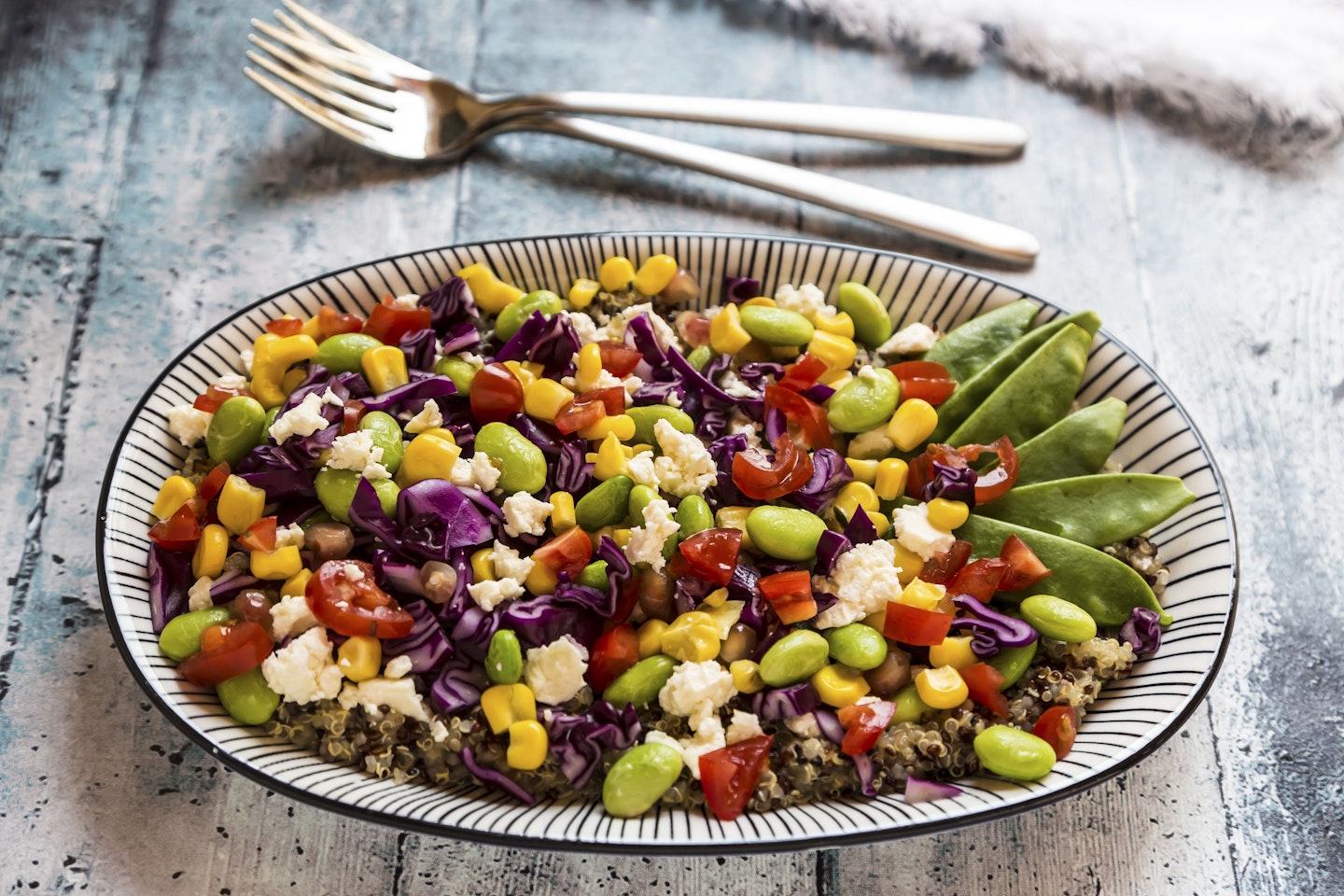 7 of 17
7 of 17Edamame Beans
With 8.5 grams of protein per half cup, edamame beans are a great addition to dish for an extra kick.
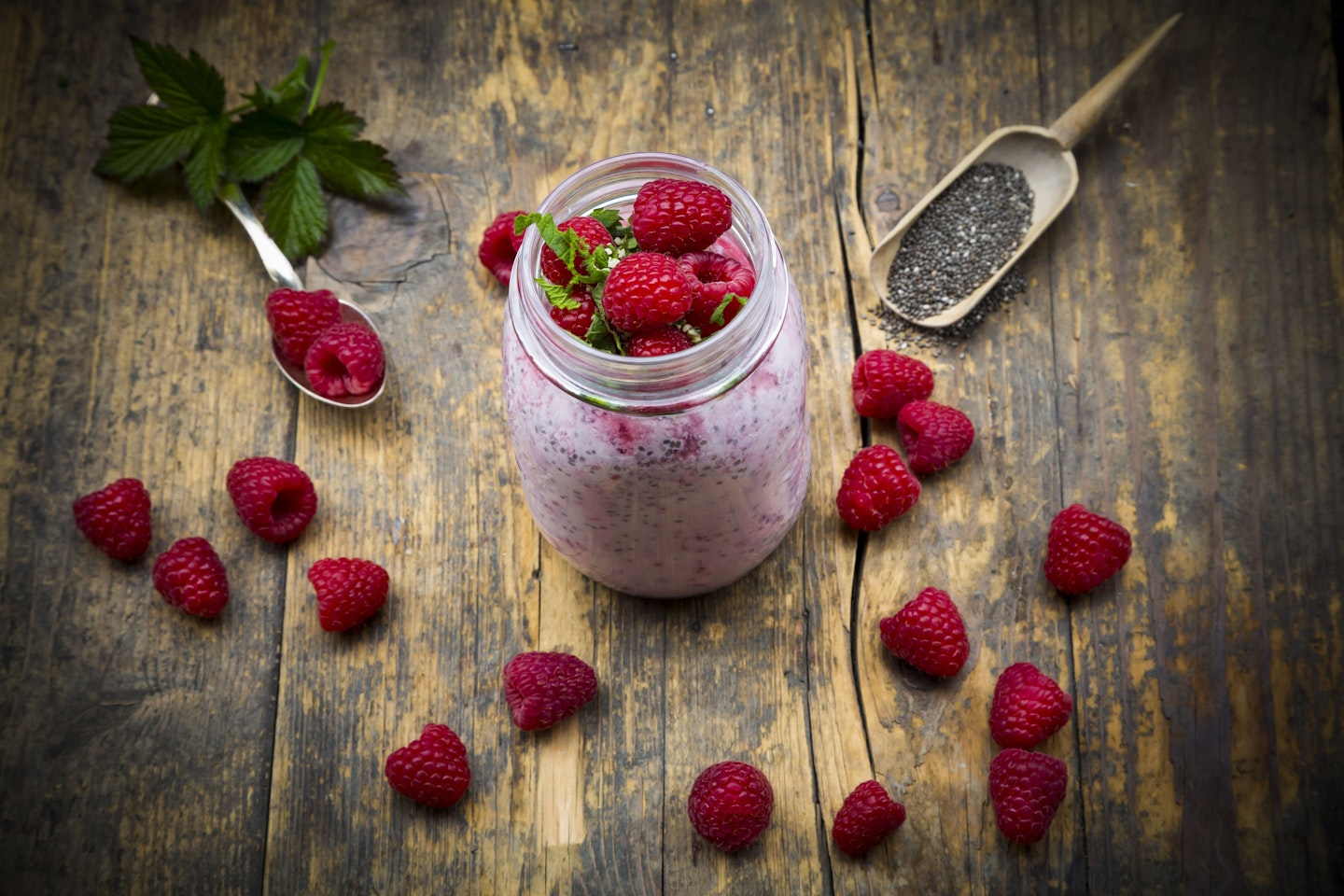 8 of 17
8 of 17Hemp Seeds
These are a protein powerhouse with 13 grams in just three tablespoons! Add them into a smoothie or your oatmeal and you'll be meeting your macros for days.
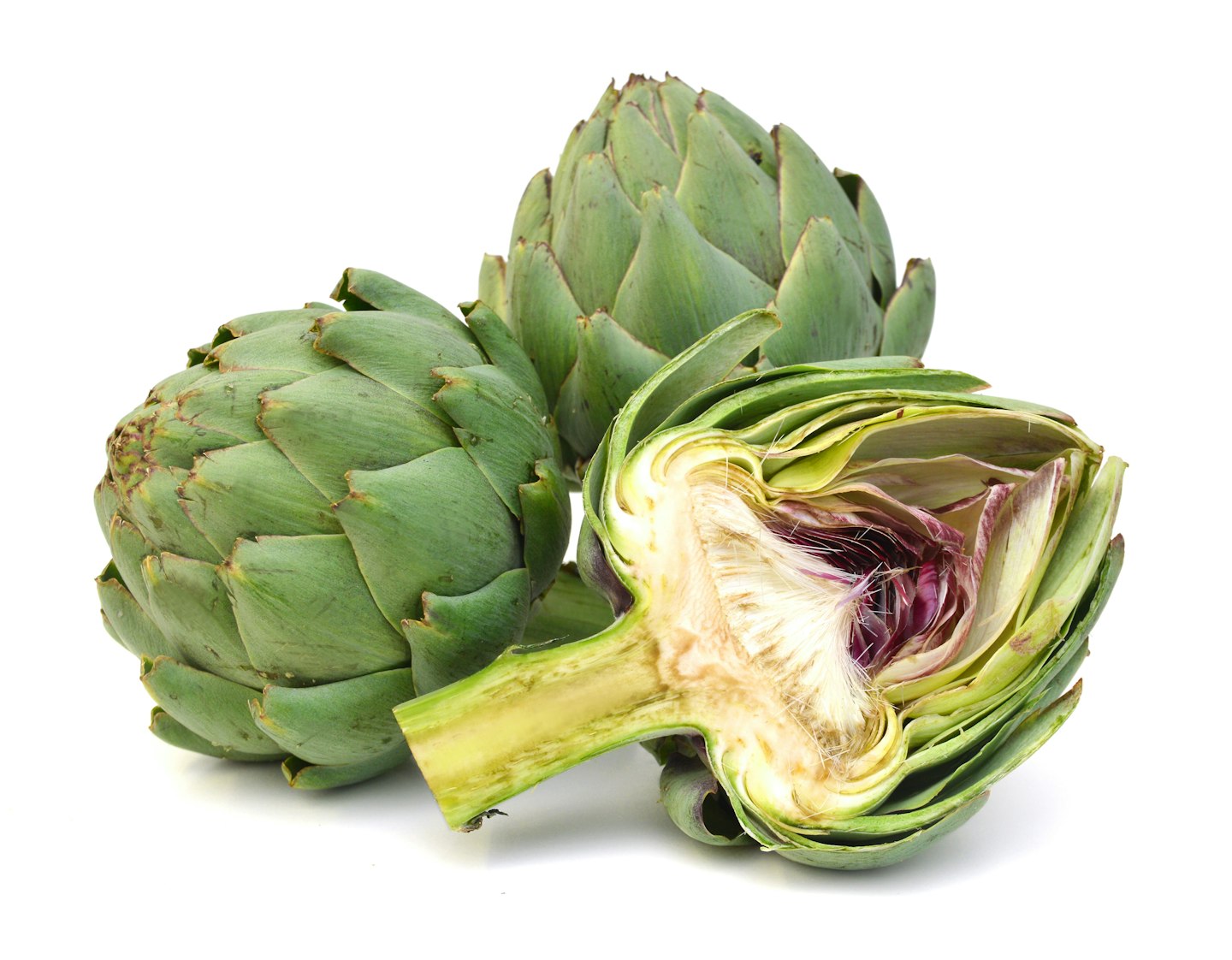 9 of 17
9 of 17Artichoke
It might not be the prettiest vegetable, but with four grams of protein per half cup it's a great additional to your evening meal.
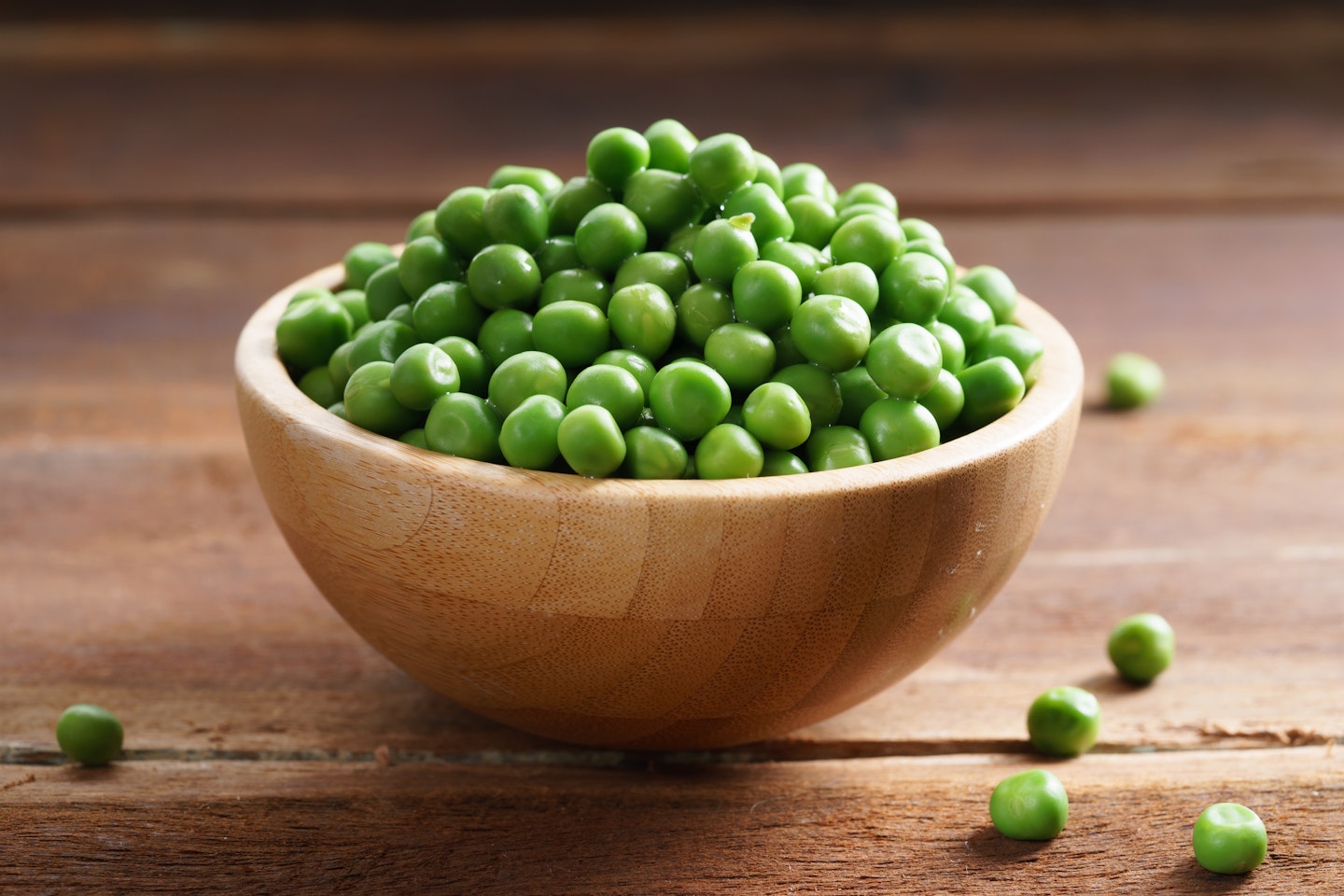 10 of 17
10 of 17Green Peas
A household favourite, green peas contain eight grams of protein per cup, making that fish, chips and peas combo sound a little more nutritious. ..
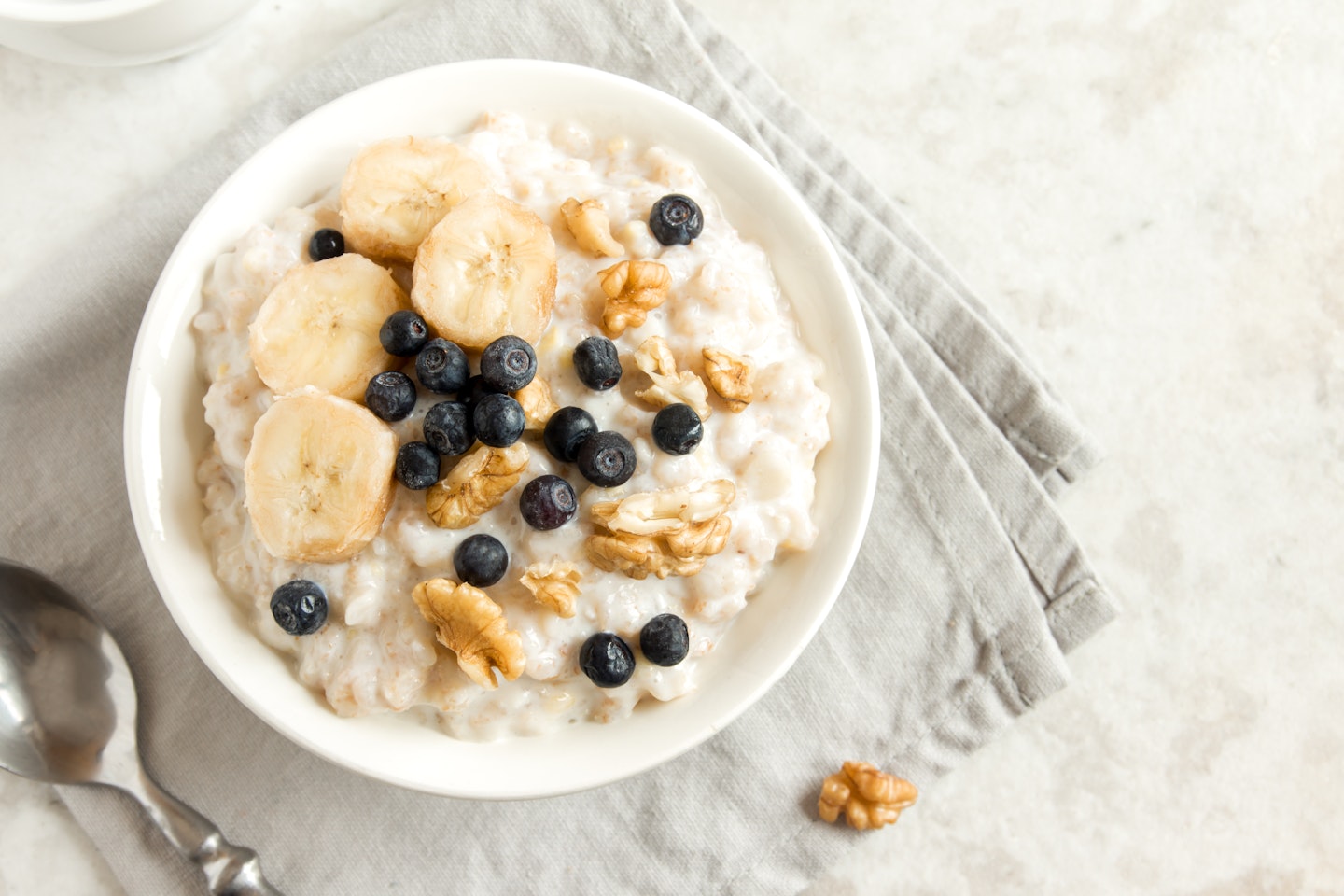 11 of 17
11 of 17Oatmeal
With three times the protein of brown rice plus less starch and more fiber, oatmeal is the perfect way to start your day.
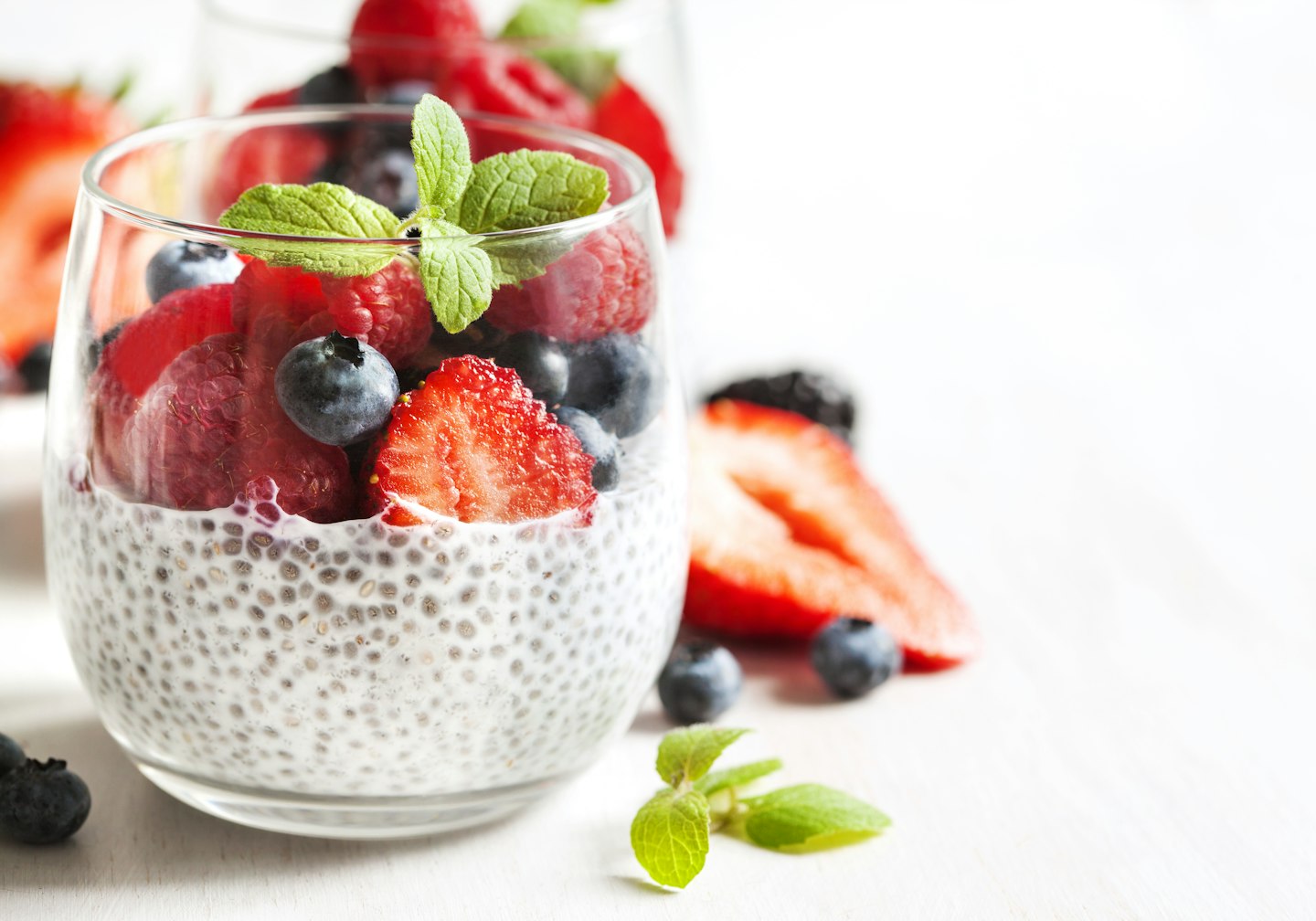 12 of 17
12 of 17Chia Seeds
A known superfood, chia seeds contain five grams of protein per two tablespoons. You can put them in a smoothie or your breakfast for that extra kick of goodness.
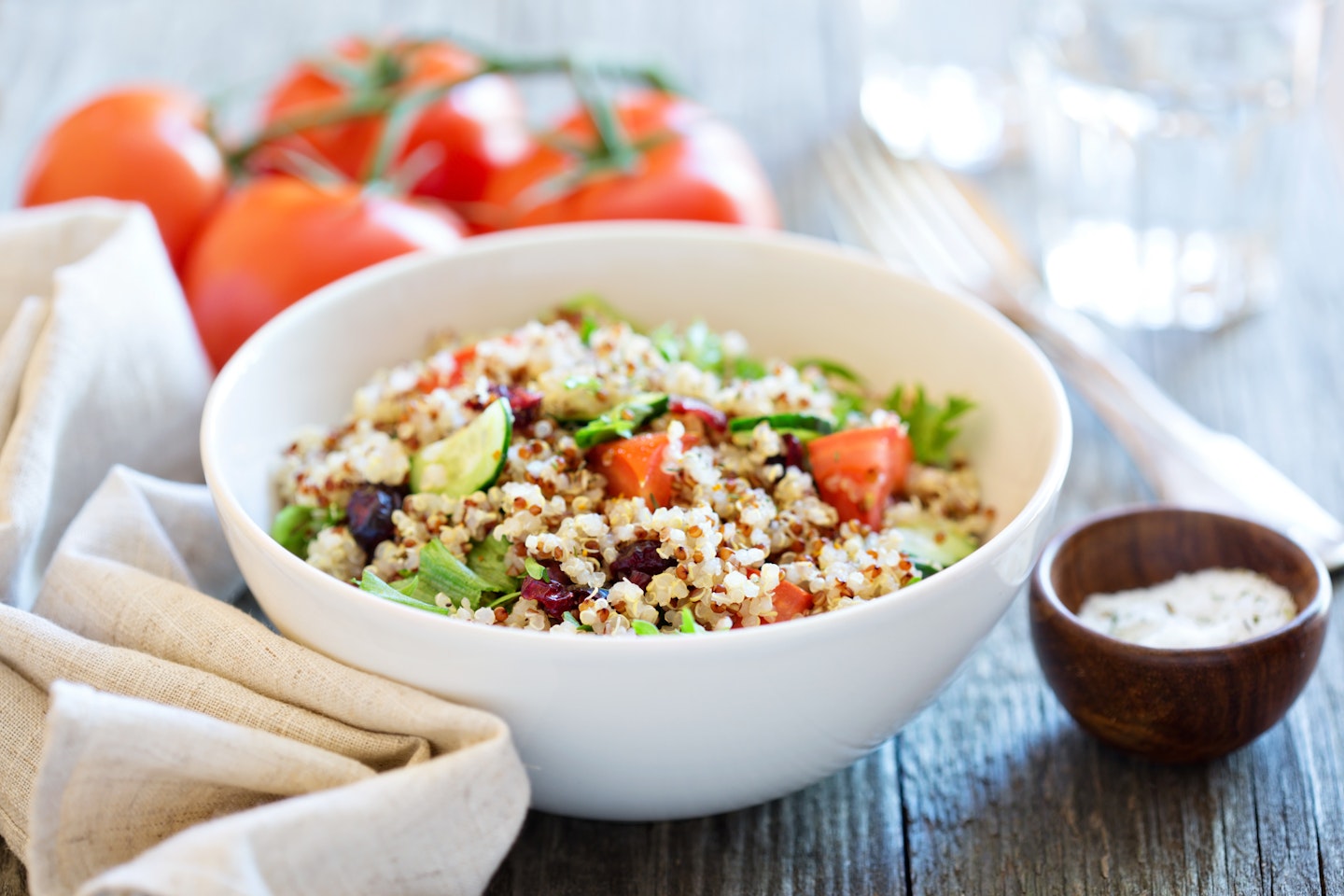 13 of 17
13 of 17Quinoa
This gluten-free grain gives you eight grams of protein per cup, plus its a delicious addition to any rice dish.
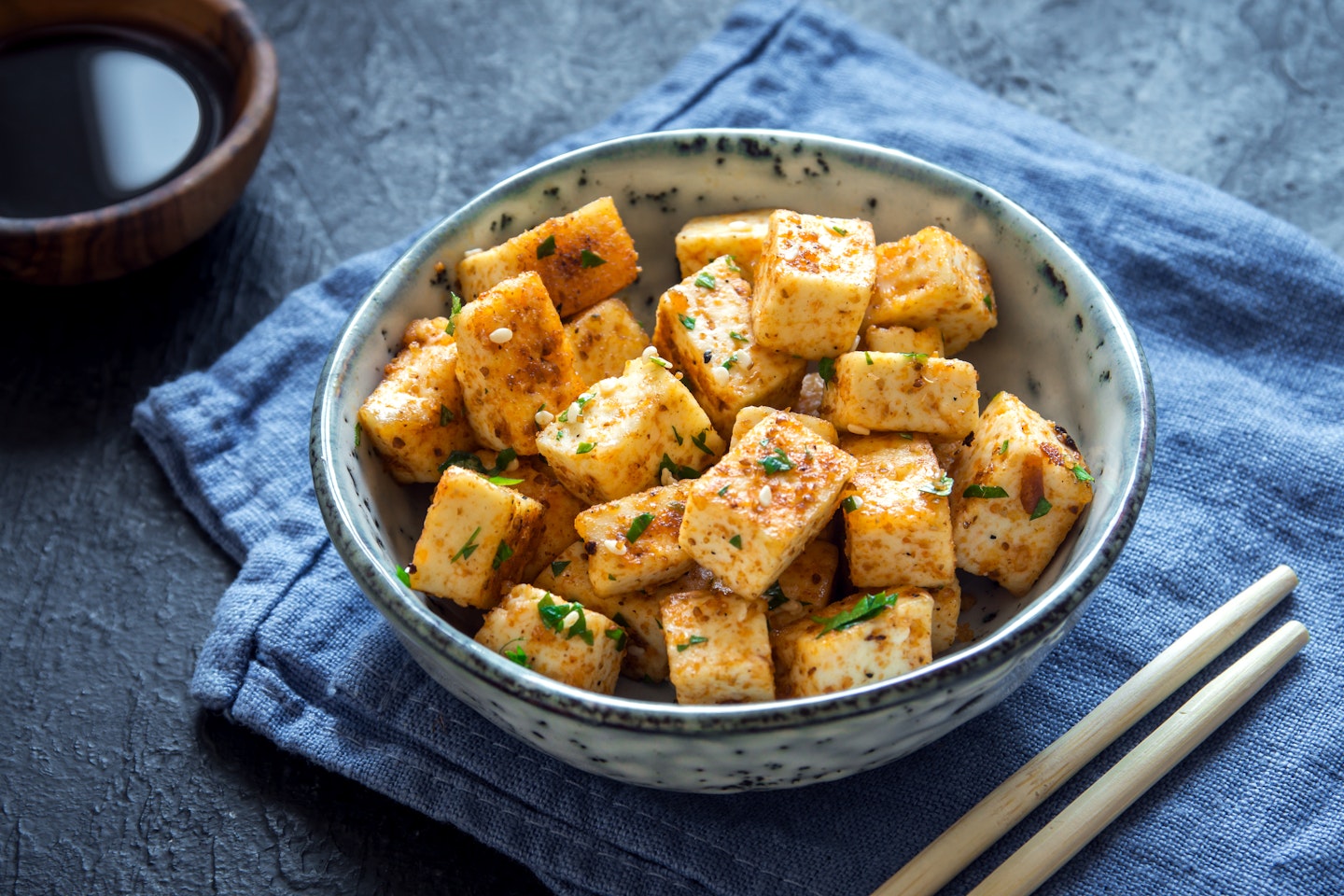 14 of 17
14 of 17Tofu
This tasty meat substitute provides 10 grams of protein per cup PLUS it can be used as anything from dessert to entrees.
 15 of 17
15 of 17Black Beans
One of the healthiest of all beans, black beans provide 8 grams of protein per half cup!
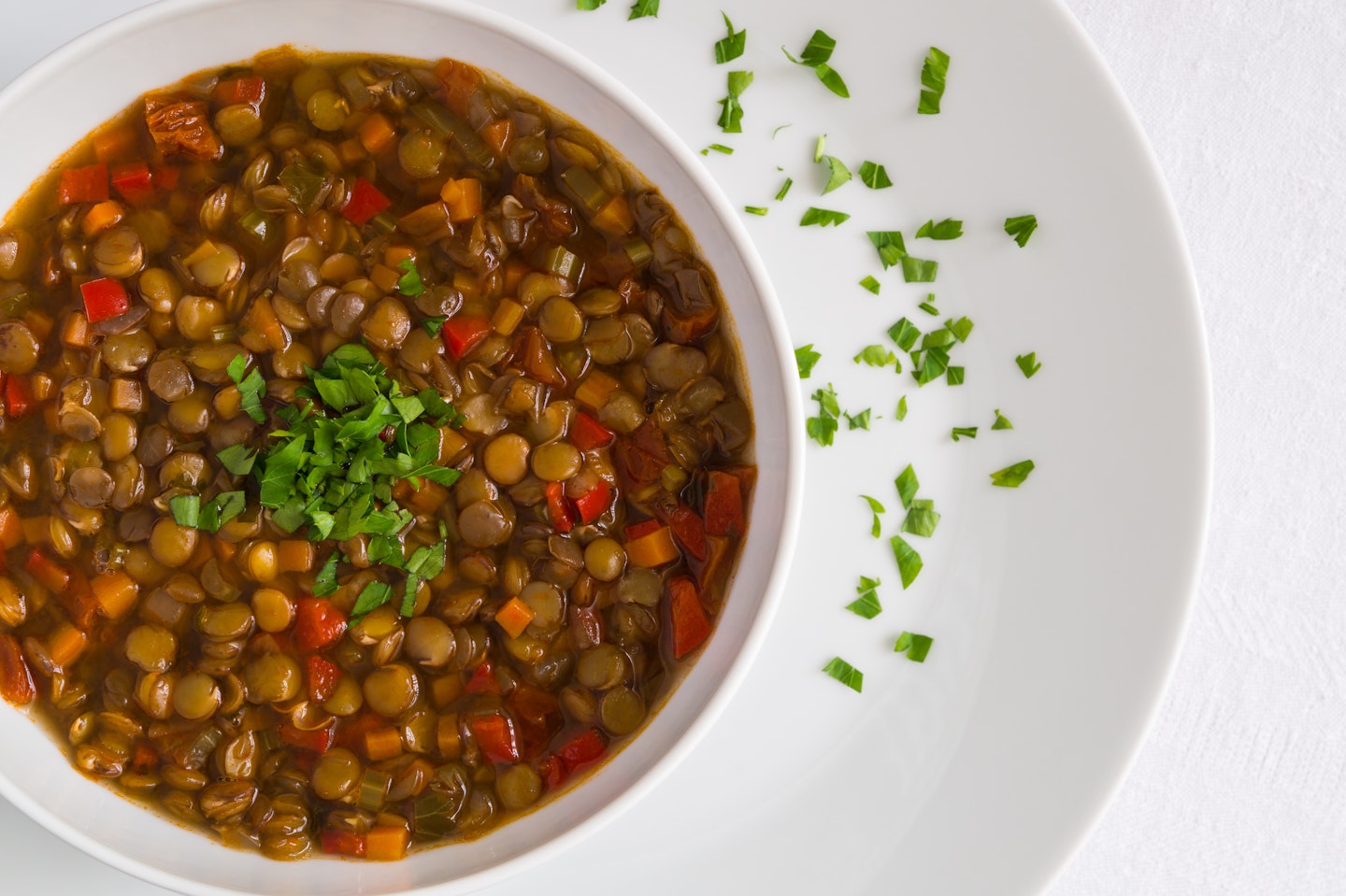 16 of 17
16 of 17Lentils
With 9 grams of protein per half cup and 15 grams of fibre, you're in for a nutritional treat with any lentil dish.
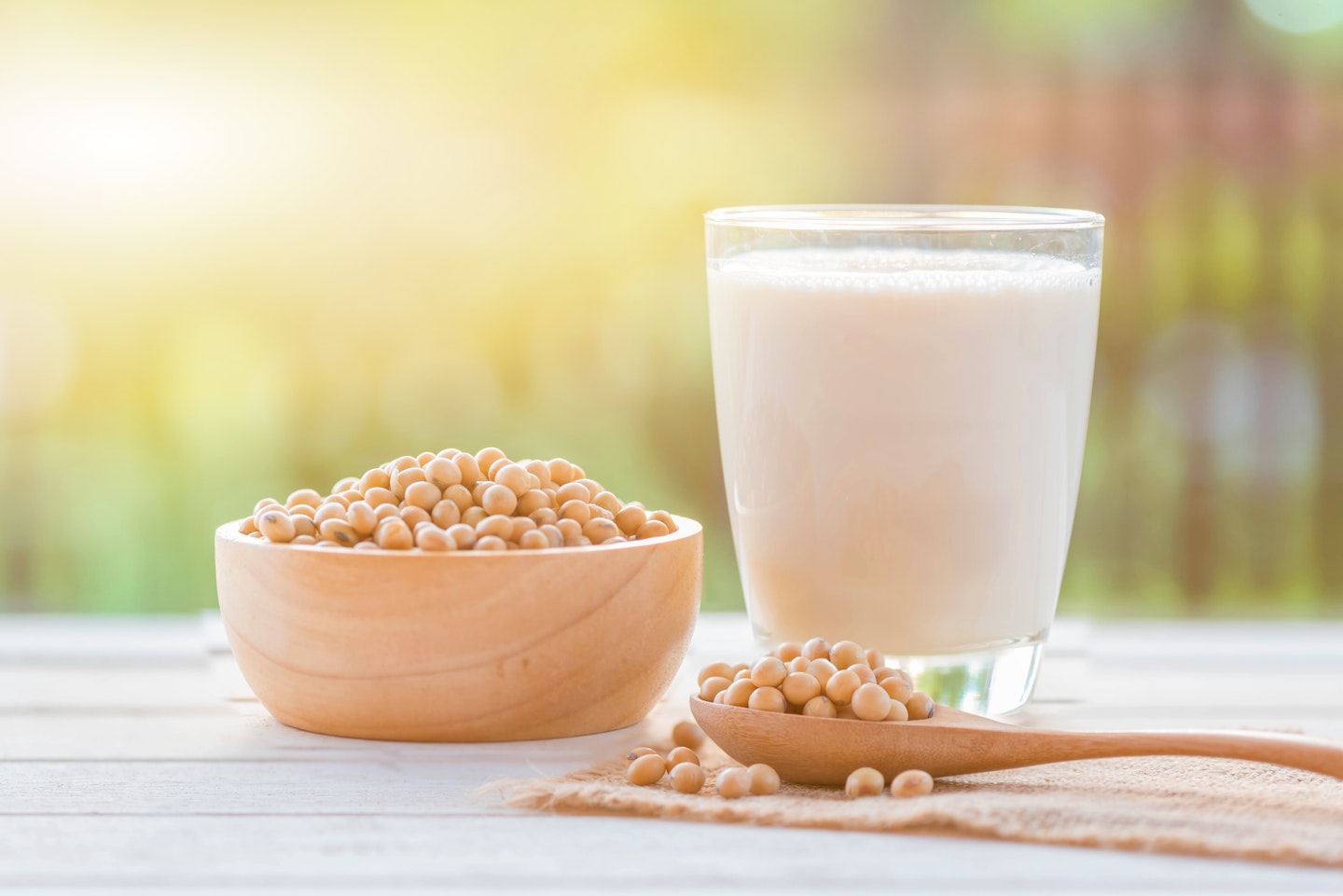 17 of 17
17 of 17Soy Milk
Organic soy milk contains eight grams of protein per cup, and serves as a substitute to cows milk.
Do Supplements For Hair Growth Actually Work?
Dreaming of long hair, and think that supplements may help you grow it? Unfortunately, nutritionist Kim revealed that 'it's unlikely that a supplement will significantly speed up your hair growth rate. However, good quality supplements can provide nutrients required for healthy hair growth, so if you were deficient in any of these areas before, then there's a chance you might notice a difference in the look and feel of your hair.'
Can I Take Supplements If I'm Pregnant?
You can take some supplements whilst pregnant but before you do, you need to speak with your GP and midwife to get advice on what ones you can take. In terms of specific supplements, Kim advises that 'folate/folic acid at a dose of minimum 400 micrograms per day from before getting pregnant until you're at least 12 weeks pregnant is sometimes advised. Omega 3 DHA is also advised, especially during the third trimester of pregnancy. The Department of Health advises pregnant women to consider taking a vitamin D supplement. Other supplements should be avoided completely during pregnancy, these include vitamin A and certain herbal supplements. If in doubt, consult your GP or a qualified nutritionist or dietician before taking any supplements during pregnancy.'
How Much Do Supplements Cost?
Depending on where you get your supplements from, they will vary in price from brand to brand. Tessa advises that 'costs will always reflect what ingredients are in the supplement, and how the supplements are sourced, packaged and stored. Essentially, you pay for what you get.'
When searching for quality supplements, Tessa advises to take into account: the dose of the tablet and if this matches the recommended daily amounts you've been advised to take; an ingredients list that is backed by scientific research; an ingredients list that is free from artificial preservatives, colours, flavourings, PCBs and fillers with no added sugar, salt, soya, wheat, gluten, yeast, lactose or dairy products; and any side effects that could happen as a result of taking the supplements.
